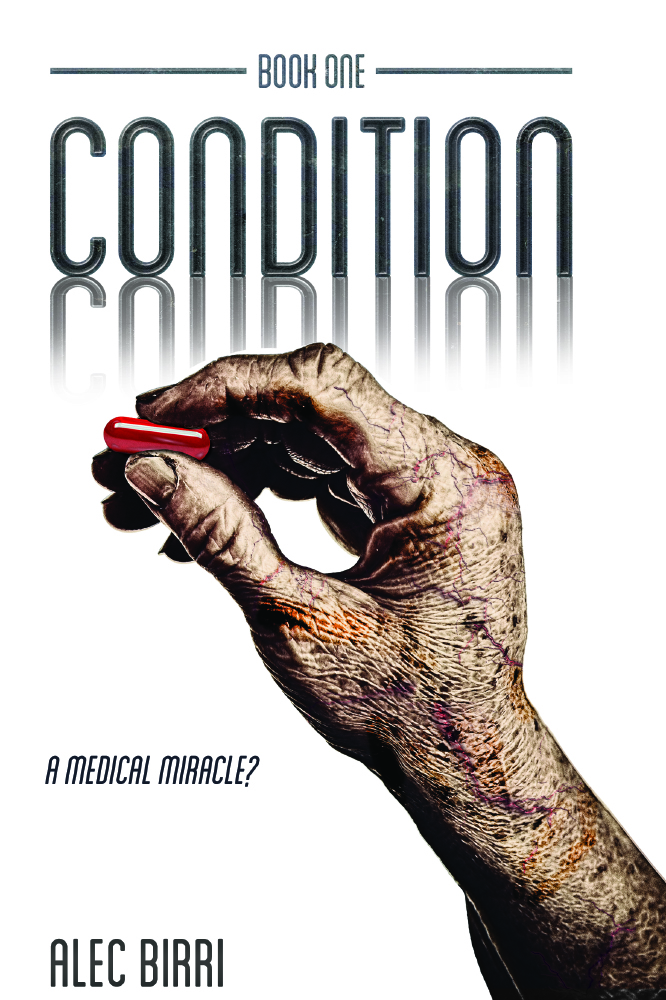Author Alec Birri writes a piece for us upon the recent release of his debut novel, Condition: A Medical Miracle?

Condition: Book One - A Medical Miracle?
Alec Birri served thirty years with the UK Armed Forces. He commanded an operational unit that experimented in new military capabilities classified at the highest level and it is this experience that forms the basis of his novels.
Blame Brexit. Blame Trump. Blame the rise of populism in general if you must, but there is no doubt we are currently living in what historians may one day refer to as ‘interesting’ times. And, if you know your pseudo-Chinese proverbs, that’s not meant to settle your thoughts. The literary upshot of all that? A resurgence of interest in dystopian classics like Orwell’s 1984, Huxley’s Brave New World and the more modern, The Handmaid’s Tale by Margaret Attwood. Want to have a crack at ensuring the historians include your name in that illustrious list? Then read on.
Write what you know
Don’t even think about penning a dystopia unless you’ve already spent decades living in a one. What? You haven’t? You mean to say you’ve never been denied entry to a bar, stopped by the police or made to do something you didn’t want to? Take all that and dial it up to eleven. Welcome to your dystopia.
Use technology but avoid ‘hard’ sci-fi
Best done by setting your dystopia in the not-too-distant future. That way it’s more likely to feel ‘real’ to the reader i.e. if we’re not careful, our children might end up living in it one day.
It’s a thriller first
And some other blah about the environment, population control, conspiracy theories, thought police, eugenics, etc. second. Be passionate about your favourite citizen-oppressing subject but don’t let the detail of it get in the way of the action.
It’s about us
It may be the plot that keeps your readers turning the page, but it will be how you explore the human condition that will ultimately decide your literary legacy. The chapter involving the rat in Orwell’s 1984 is gripping, but the way a hidden autocracy turned its citizens into unthinking, unfeeling but above all, obedient servants was far more unsettling.
Don’t ignore utopias
A perfect society may make for a boring read, but lambs don’t lie down with lions for long.
Use simple prose
It’s going to be complicated enough. The last thing you want your readers asking is, ‘But what’s it about?’
Sex, religion and politics
They might be barred from the dinner table (well, the topics of conversation are) but all three are a must in a dystopian thriller. Remember, you’re aiming to explore why societies do the things they do, and digging deep reveals these three to be the main culprits.
Avoid anything gratuitous
Particularly when writing political opinions that coincide with your own. If they’re crucial to the plot, then have someone else in the scene state the opposing view no matter how distasteful to you personally. Let the reader decide.
Build the novel
In the same way evolution seems to have built us – step by step. Why does that appear to have resulted in so much inequality?
And finally
Aim to satisfy the reader in this way: They have read an exciting thriller which has given them a lot to think about.

